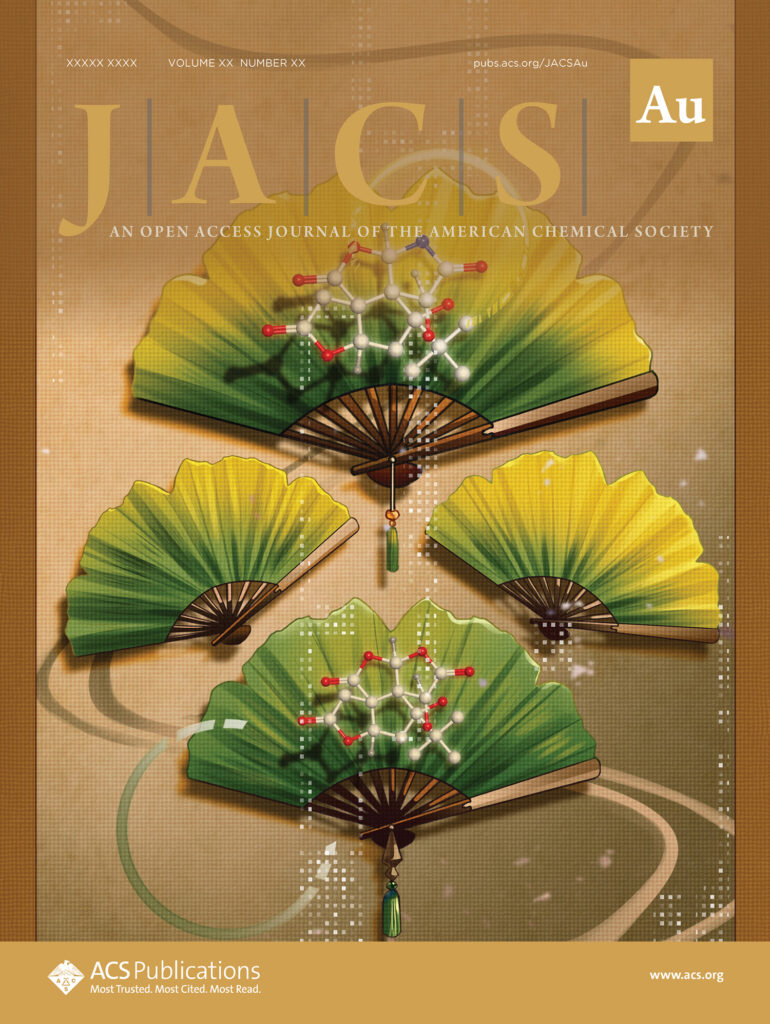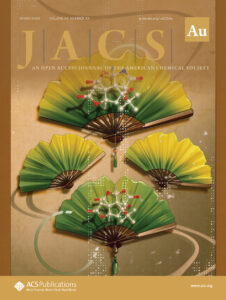CUHK
News Centre
CU Medicine modifies Gingko tree extract with innovative molecular editing
Innovation drives the development of new drugs for neurodegenerative diseases
Bilobalide, a natural product extracted from ginkgo leaves, has pharmacological potential to protect the brain. However, its complex chemical structure and rapid decomposition in the human body have made it difficult to develop into a viable drug. A research team led by Professor Billy Ng Wai-lung, Assistant Professor from The Chinese University of Hong Kong (CUHK)’s Faculty of Medicine’s (CU Medicine) School of Pharmacy, has pioneered an innovative molecular editing method that can precisely transform the molecular structure of bilobalide, creating new bilobalide derivatives with altered pharmacology that offer hope as novel treatments for neurodegenerative diseases such as Alzheimer’s. Study details have been published in the prestigious international journal JACS Au.
Bilobalide has the pharmacological potential to protect the brain
The ginkgo tree or ginkgo biloba, known as a “living fossil”, is one of the oldest living plants with a lineage dating back to the Jurassic period. Its seeds, commonly known as ginkgo nuts, are commonly used as food and have a long history of use in traditional Chinese medicine. Its leaves are also valuable in medicine. Bilobalide, a natural terpene trilactone product extracted from ginkgo leaves, exhibits potential for pharmacological effects including neuroprotective, anti-inflammatory, anticonvulsant and antiapoptotic effects.
However, as Professor Ng pointed out: “The chemical structure of bilobalide is highly complex and metabolically unstable, making it difficult to be developed as a medicine. As chemists, we could easily modify the molecular structure of a substance through chemical reactions to create new derivatives as potential drug candidates.”
Innovative molecular editing technology pioneered to modify bilobalide structure and develop derivatives with neuroprotective effects
Professor Ng led an interdisciplinary team of scholars from the chemistry, biology and pharmacy research background to develop an innovative, facile molecular editing technology that can precisely modify the chemical molecular structure of bilobalide. This breakthrough facilitated the generation of novel bilobalide derivatives with enhanced stability and pharmacological value, so as to build a valuable library of diverse bilobalide derivatives for future drug screening.
With the technology, the team successfully developed a new bilobalide derivative, namely BB10, that exhibits remarkable neuroprotective effects on brain cells against ferroptosis, a form of programmed cell death associated with various diseases such as neurodegenerative disorders and ischemic injuries. BB10 can significantly reduce the accumulation of toxic lipid peroxidation from ferroptosis and maintain the anti-oxidative enzyme levels in cells to suppress excessive brain cell death.
Professor Ng added: “Our research has demonstrated how to optimise traditional herbal medicine components through precise molecular editing, opening new avenues for the exploration and development of new drugs from Chinese herbs and natural products. This study not only highlights CUHK’s pioneering role in drug discovery but also brings hope for the treatment of neurodegenerative diseases.”







